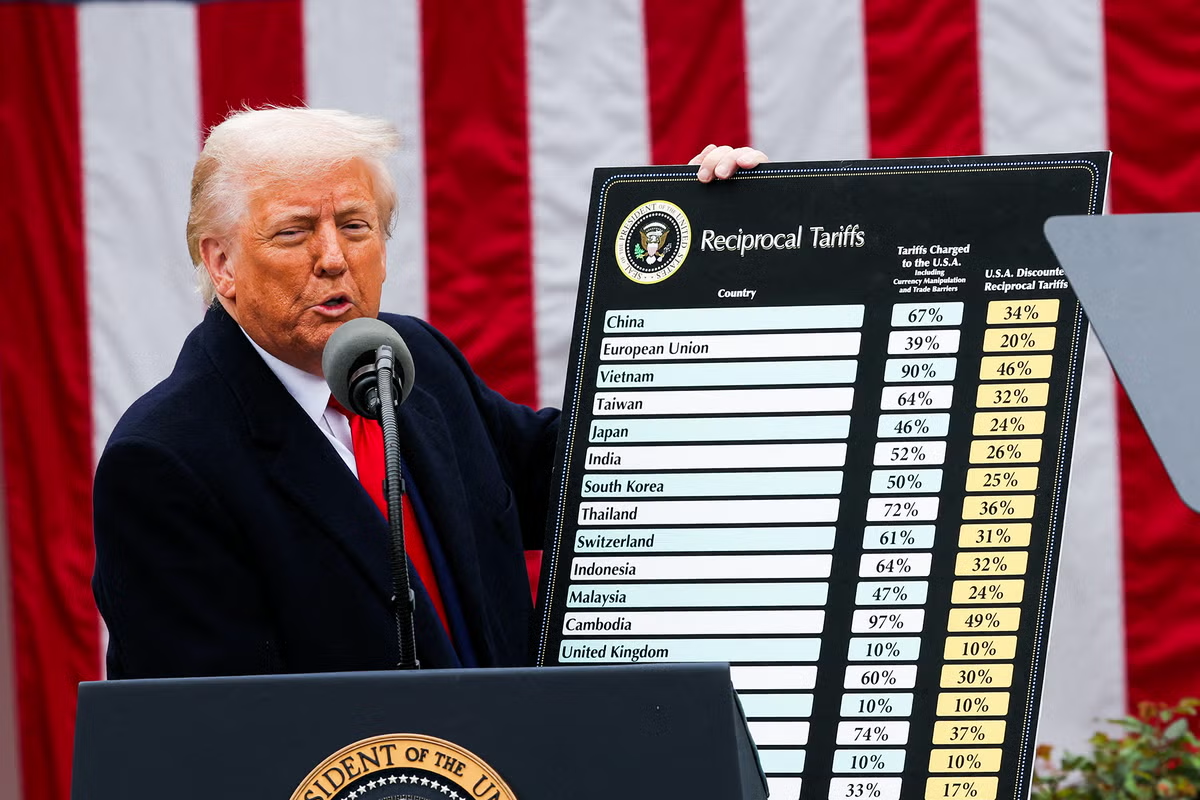The recent 2025 U.S. tariffs introduced by President Trump’s administration might appear challenging for traditional retailers and importers. However, these tariffs create an exceptional opportunity for dropshipping businesses to thrive and grow significantly. This article explains exactly why tariffs benefit dropshipping, detailing key strategies to capitalize on the evolving market.
Adaptable Product Sourcing: A Key Dropshipping Advantage
Dropshipping stores have unmatched flexibility in adjusting product sourcing. Unlike traditional retail, dropshipping entrepreneurs can quickly switch suppliers and source products from countries with lower tariffs. This agility allows dropshippers to keep prices competitive, despite tariff changes, attracting cost-sensitive consumers.
Rising Consumer Demand for Affordable Online Products
With the increase in tariffs pushing up prices of imported goods in physical stores, consumers are actively searching for affordable alternatives online. Dropshipping businesses can leverage global suppliers unaffected by tariffs to offer attractive pricing and value, driving significant online traffic and sales.
Dropshipping significantly reduces the risk associated with inventory management. Traditional businesses face costly inventory tied to higher import tariffs, whereas dropshipping’s just-in-time approach allows rapid supplier switching without financial strain.
Capitalizing on Emerging Global Markets
As the global trade landscape adjusts due to tariffs, new supplier and consumer markets emerge. Dropshippers are uniquely positioned to tap into these markets efficiently, quickly establishing profitable partnerships with suppliers in countries less affected by tariffs, such as Southeast Asia or Latin America.
Shift to Faster and More Efficient Shipping
Historically, dropshippers have faced criticism over long shipping times from AliExpress suppliers, often exceeding two weeks. With the new tariffs incentivizing suppliers to optimize their processes and remain competitive, AliExpress suppliers are increasingly adopting faster logistics solutions. This shift significantly benefits dropshipping stores aiming to deliver products quickly, improving customer satisfaction and retention rates.
New Supplier Networks Outside China
The tariffs encourage diversification away from Chinese-based suppliers, prompting AliExpress to onboard suppliers from tariff-favorable regions. Suppliers from Southeast Asia, Europe, and Latin America are entering the marketplace, providing competitive prices and considerably reduced shipping durations. Dropshippers leveraging these suppliers will enhance their delivery speed while maintaining attractive profit margins.
Improved AliExpress Shipping Infrastructure
To retain their competitive edge amidst the tariffs, AliExpress has actively invested in advanced logistics infrastructure and partnerships with global fulfillment centers. This development significantly cuts down delivery times and improves tracking capabilities, offering dropshippers an advantage in competing with larger online retailers.
Increased Consumer Acceptance of Dropshipping
The broader market disruptions caused by tariffs are pushing consumers towards online shopping platforms that offer clear value. Dropshippers who clearly communicate competitive prices, transparent shipping times, and reliable service are well-positioned to gain market share, as consumers become increasingly comfortable and accepting of the dropshipping model.
Perfect Moment to Launch Your AliExpress Dropshipping Business
Now is the ideal moment to start an AliExpress dropshipping business, even amidst Trump’s 2025 tariffs, because these changes have reshaped the market, opening exciting new opportunities. Suppliers are rapidly adapting by improving shipping speeds, optimizing logistics, and diversifying sourcing beyond China, allowing savvy dropshippers to provide faster deliveries and competitive pricing.
Those who strategically position themselves today can leverage this market evolution to build highly profitable and customer-friendly businesses, benefiting from decreased competition as traditional retailers struggle with inventory and tariffs.
Check out our Guide to Start a Dropshipping Store Business with AI







Leave a Reply